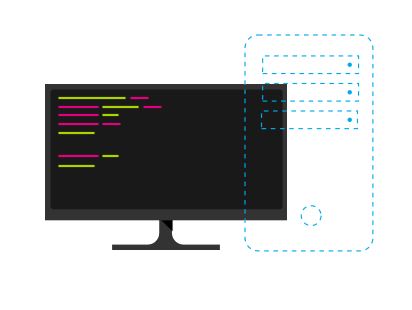Microsoft adds support for Java to its Azure Functions serverless-computing service

Microsoft is adding support for Java to its Azure serverless compute service.

On Oct. 4, Microsoft announced at the JavaOne show that it is making a public preview of Java support for Functions available. (I've asked when it will be available, but no word back so far.)
Microsoft execs said the company recently rearchitected the Azure Functions runtime to allow for support for different programming languages and Java is the first new language that Microsoft is introducing in this preview.
"The new Java runtime will share all the differentiated features provided by Azure Functions, such as the wide range of triggering options and data bindings, serverless execution model with auto-scale, as well as pay-per-execution pricing," according to the company's blog post.
Microsoft introduced a first preview of Azure Functions, its head-to-head competitor with the AWS Lambda serverless service, in March 2016.
Oracle announced its own open-source, serverless functions platform, known as the FnProject, at JavaOne this week. Fn Project includes Java support, which isn't surprising given Oracle is the current steward of Java.
Azure Functions handles provisioning and maintaining of servers for customers, allowing developers to execute their code in a serverless environment more quickly and easily. The service automatically scales out to meet demand, and users are charged only for the period of time when functions run. It's well-suited to building IoT and microservices apps and services -- basically for any tasks users want to run on a schedule.
With Azure Functions, developers already are able to write functions using C#, F#, Node.js, Python, PHP, batch, bash, or any executable. Microsoft offers a number of Functions templates for tasks like triggering code execution by using an HTTP request, processing Azure Cosmos DB documents, and responding to messages in an Azure Storage queue and more.